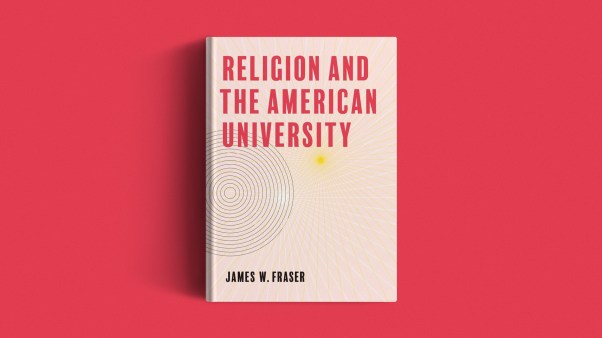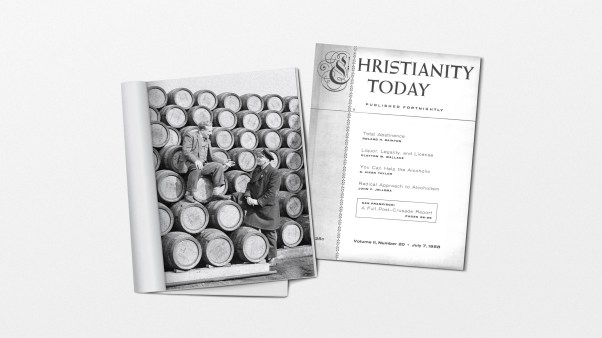The U.S. government is not doing enough to protect religious freedoms abroad, the independent U.S. Commission on International Religious Freedom said Thursday in its annual report to Congress and the White House.
“The problems are above and beyond what we saw last year, and the administration must do more,” said Leonard Leo, chair of the commission, which was founded by Congress in 1998.
The commission named 13 “countries of particular concern” on religious freedom violations: Burma, North Korea, Nigeria, Eritrea, Iran, Iraq, Pakistan, China, Saudi Arabia, Sudan, Turkmenistan, Uzbekistan and Vietnam.
The panel also named 12 countries to a second-tier “watch list” that deserve close monitoring by Washington: Afghanistan, Belarus, Cuba, Egypt, India, Indonesia, Laos, Russia, Somalia, Tajikistan, Turkey and Venezuela. India was the only new addition from last year.
Beyond the annual list of offenders, which has remained relatively stable in recent years, commissioners chided the Obama administration and U.S. diplomats for ignoring religion in foreign policy when so many conflicts find their roots – or justification – in religion.
“We’re completely neglecting religious freedom in countries that tend to be Petri dishes for extremism,” Leo said. “This invariably leads to trouble for us.”
The commission brings attention to global “hot spots” where freedom of religion is threatened by state hostility, state-sponsored extremist ideology, or failure to protect human rights.
Commissioners said the issue of religious freedom has been, and continues to be, largely ignored. “Regrettably, this point seems to shrink year after year for the White House and State Department,” Leo said.
Indeed, the lists’ stability – the addition of India represented the only change from last year’s report – has been interpreted by some observers as reflecting of lack of progress or priority.
“It’s the red-headed step-child no one pays attention to,” said Richard Land, president of the Southern Baptists’ Ethics and Religious Liberty Commission, who was the panel’s vice chair from 2007-2008.
More than 10 years after the International Religious Freedom Act that created the bipartisan panel, the commission says the State Department has not implemented or underutilized key provisions of the law.
Of the eight nations designated as a “country of particular concern” (CPC) by the State Department, only one, Eritrea, faces sanctions specifically imposed under the IRFA for religious freedom violation. Iraq, Nigeria, Pakistan, Turkmenistan and Vietnam – which are all cited by the panel – are not included on the State Department’s CPC list.
The State Department has declined to designate other countries suggested by the panel, and hasn’t made any designations since 2006.
“It’s befuddling how countries like Saudi Arabia and Egypt who receive so much aid are so far behind in ensuring religious freedom,” Leo said.
The State Department last year issued an indefinite waiver on Saudi Arabia; as a result, the U.S. will not implement any policy response to severe violations in that country.
“Saudi Arabia continuously gets a pass,” said Nina Shea, the director of the Center for Religious Freedom at the Hudson Institute and a USCIRF commissioner since 1999.
President Obama emphasized religious freedom during landmark speeches in Turkey and Egypt last year, but the commission and other human rights advocates say the high-level gestures have not resulted in actual policy change.
“In foreign policy, you’re forced to balance out competing interests,” said Leo. “It’s easy to go into bilateral talks and ignore human rights and the issues that aren’t fun for countries to talk
about.”
Alexander McLaren, spokesman for the State Department’s Office of International Religious Freedom, said that although the department hasn’t made any CPC designations this year, recommendations are always taken into consideration.
“We welcome the report and will review it as we make our CPC designations,” he said.
The panel also joined other critics who have chided the administration for not filling the State Department’s ambassador-at-large position for international religious freedom.
“It’s is a disgrace,” said Thomas Farr, a former diplomat and current director of the Religion and U.S. Foreign Policy program at Georgetown University. “The administration doesn’t see the importance of integration of religion in our foreign policy and national security agendas.”








